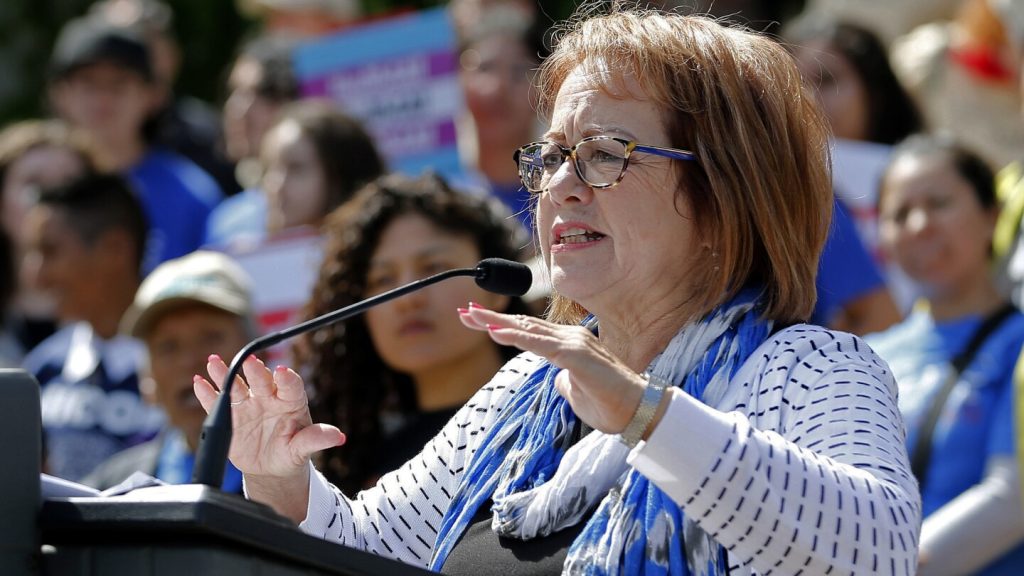Democratic state Sen. Maria Elana Durazo of California has introduced a bill aimed at cracking down on opaque ownership structures used by businesses to shield their identities. The bill would require companies to disclose anyone who owns at least 25% of the company’s assets on its registration with the state. Currently, limited liability companies (LLCs) and similar corporations are required to share information including the name of the business, its address, and the names of its executives or representatives. Durazo argues that disclosing actual ownership would help government officials and law enforcement agencies in tracking down and holding accountable companies that violate state laws.
Opponents of the bill, including business groups and landlords, argue that LLCs already share a significant amount of information with the government. They also point to the costs associated with implementing the new disclosure requirement, estimated to be $9 million to implement initially and an additional $3.4 million annually. However, supporters of the bill, including labor, housing, and environmental groups, believe that the lack of transparency in corporate ownership allows businesses to avoid legal consequences and cheat workers. For example, in a case in San Jose, a hotel worker was fired for filing a wage theft claim, and the state had to name 14 different companies in its lawsuit before the owners agreed to settle.
The lack of transparency in corporate ownership is prevalent in many California industries, according to proponents of the bill. In one case in Oakland, city officials spent over a year investigating and combing through records to find the owners of a dilapidated building rented out to low-income immigrant families. The owners, who owned more than 130 properties in the city through a network of LLCs and corporations, were eventually found and successfully sued by the city. Advocates of the bill believe that requiring companies to disclose ownership information would streamline investigations and hold bad actors accountable.
The federal reporting requirement passed by Congress in 2021 requires businesses to report owners to the Financial Crimes Enforcement Network to combat shell corporations and money laundering. However, the information is currently only accessible to law enforcement and government officials, not the public. A federal court ruled the law unconstitutional and exempted thousands of members of a small business association in Alabama. New York passed a similar proposal to require the disclosure of owners, but the information is only available to some government and law enforcement agencies. Proponents of the bill in California argue that owner transparency would prevent bad actors from hiding behind anonymous shell companies and evade legal responsibilities.


